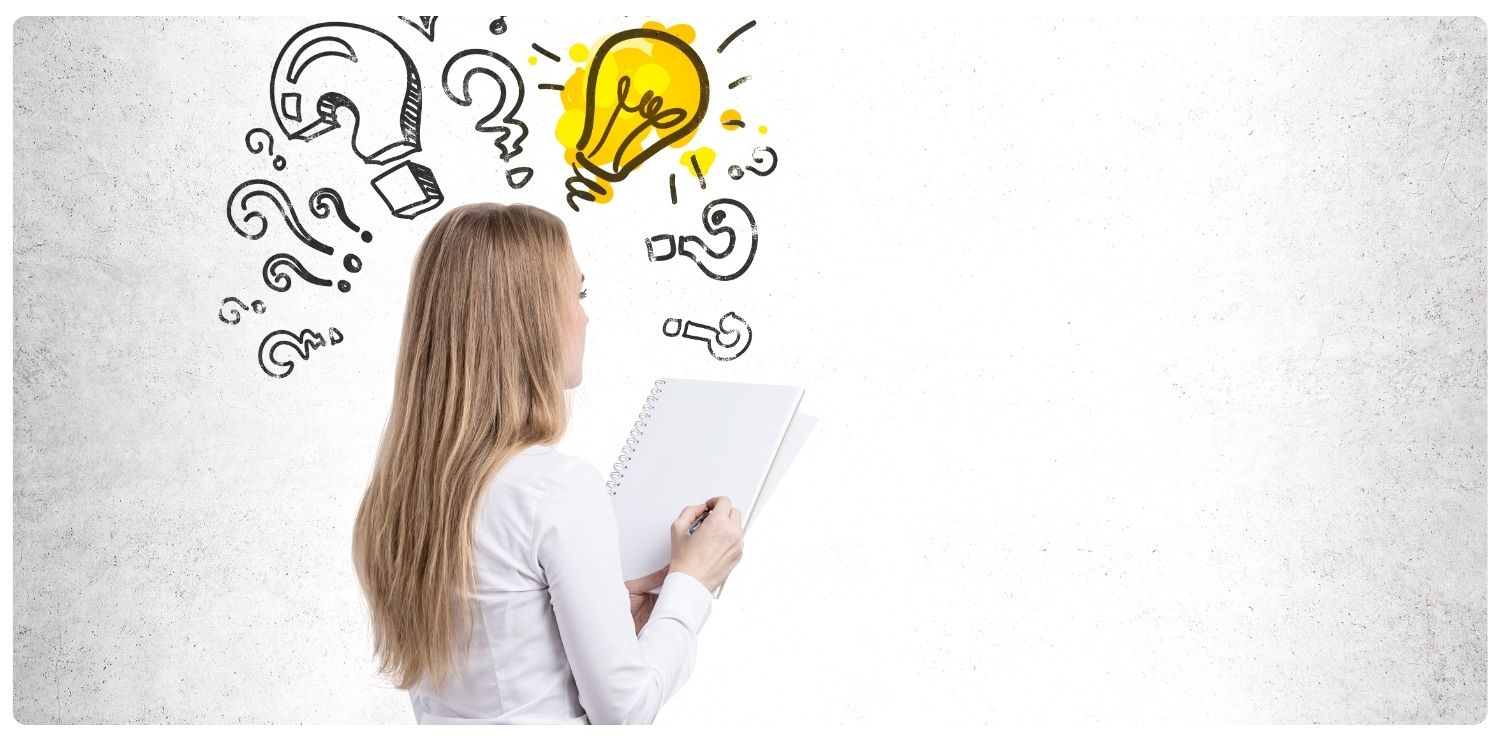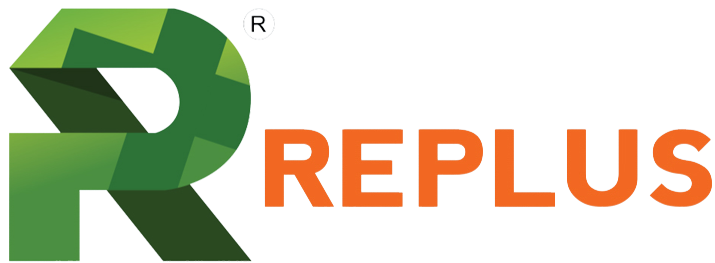During an interview, hiring managers often ask about your strengths and weaknesses. Your answer is crucial as it helps assess your job suitability. Use this chance to showcase your positive traits and growth mindset. Everyone has strengths and weaknesses, so provide examples of how you’ve leveraged your strengths and improved on your weaknesses. This article explains the reasons behind this question, gives examples, and offers tips for answering wisely.
Why do employers want to ask about your strengths and weaknesses in a job interview?
When interviewers inquire about your strengths and weaknesses, they are seeking several insights:
- Your level of self-awareness: Recognizing your strengths and weaknesses demonstrates a crucial trait valued in workplaces.
- Your commitment to self-improvement: They want to know if you actively work on enhancing your skills and personal growth.
- Insights into your work style and personality: Your response reveals how you handle stress, collaborate with others, and contribute to team dynamics.
- Evaluation of your fit for the role: They assess whether your strengths align with the job requirements and how your weaknesses may impact performance.
- Your ability to handle tough questions: Discussing weaknesses allows them to gauge your ability to think under pressure and articulate your thoughts effectively.

In summary, how you discuss your strengths and weaknesses can significantly impact your job interview outcome. It also provides an opportunity to showcase your skills, personality, and suitability for the position.
Tips on how to handle “What are your strengths?” in a job interview
Consider approaching the question from the perspective of the hiring manager. What qualities or competencies are crucial for the role? Reflect on how your strengths align with these key competencies.
Highlight your strengths
Confidently highlight your strengths, emphasizing what makes you an ideal fit for the job. Provide specific examples of how you’ve applied these strengths in previous roles, ideally backed by measurable results. As you craft your response, keep these questions in mind:
- How do your skills and experiences align with the company’s mission and goals?
- What specific achievements demonstrate your ability to contribute effectively to this role?
- Have you received feedback from previous employers or colleagues that highlights your strengths?
- What unique qualities set you apart as an ideal candidate for this position?

Some strengths you could consider for your response
- Entrepreneurial mindset
- Attention to detail
- Collaboration skills
- Creativity
- Empathy
- Passion for problem-solving
- Flexibility
- Patience
- Honesty
- Dedication
- Positivity
- Leadership abilities
- Team player mentality
- Strong writing skills
- Expertise in specific software or skills
Create a differentiation in your response
While a hiring manager might ask directly about your strengths, they could phrase it differently, such as asking how your colleagues or managers would describe you. Regardless of the wording, use your response to illustrate how your strengths align with the role’s requirements and differentiate you as a candidate.

Provide a structured response
Ensure your answer is specific and relevant by Highlighting a strength listed in the job description and reframing the skill to be as specific as possible. Structuring your response to include the strength, a real-life example, the impact of that strength, and your enjoyment in applying it.
By following these guidelines, you can effectively showcase your skills in a way that is impressive, pertinent, unique, and substantiated.
How to answer “What are your strengths?”
- My leadership skills are among my greatest strengths. As a department head, I successfully merged two teams and implemented training programs to ensure everyone felt confident in their new roles, resulting in a 5% increase in sales within our first month together.
- In my role as an HR representative, I honed excellent communication skills by conducting informational workshops and resolving workplace conflicts. I also completed an effective communication course at UCLA.
- I thrive in collaborative environments and have always enjoyed teamwork. In my previous role as a marketing research analyst, I led a project involving diverse stakeholders, focus groups, and extensive field research.
- With 5 years of experience as a copywriter, I possess strong writing skills that led to a promotion to an editorial position, further enhancing my editing capabilities.
- As a content creator, I enjoy brainstorming innovative strategies to engage our audience. However, my meticulous attention to detail sets me apart. I prioritize precise language, believing it can elevate content from good to outstanding. My articles consistently achieve high performance and top rankings in Google searches, a testament to my dedication to quality and deadlines.
- Honesty is integral to my work ethic – I always inform my supervisor if my workload is overwhelming or if I encounter challenges I don’t fully understand.
- Maintaining a positive attitude is a cornerstone of my professional approach. Over the past decade, I have served as a restaurant server, tutor, and health aide—roles demanding energy and empathy. I excel at understanding diverse perspectives, enabling me to connect deeply with customers, students, and patients to meet their unique needs.
- My strong people skills enable me to connect effortlessly with others and empathize appropriately in various situations.
- I am driven by a solutions-oriented mindset and thrive on challenges. As an electrical engineer, I honed my ability to perform under pressure while designing equipment critical to securing contracts. I am proactive in seeking solutions, unafraid to ask questions, and conduct thorough research to ensure optimal preparation for every client engagement.
Tips on how to handle “What are your weaknesses?” in a job interview
When addressing your weaknesses in an interview, it’s crucial to be genuine without undermining yourself. Interviewers might remember your weaknesses and inadvertently let them influence their decision-making, so it’s essential to manage and mitigate any potentially negative perceptions.
Follow these strategies to respond effectively and positively
Transforming a weakness into a strength. This shift reduces the negative connotation of “weakness” and suggests that shortcomings are manageable and improvable.
Select weaknesses that can be improved through training or dedication. Technical skills like data analysis, presentation abilities, or software proficiency are often teachable, which interviewers recognize. Avoid behavioral challenges like impatience, disorganization, or insecurity, which may appear as more ingrained personality traits.

Steer clear of clichés. Avoid common examples like “perfectionism” or “workaholism” as well as weaknesses disguised as strengths.
Choose a challenge that isn’t central to the job’s core responsibilities. While your strengths should align with the job requirements, your weaknesses should focus on areas unrelated to essential job skills. Essentially, you want to avoid weaknesses where the job demands strength.
Some weaknesses you could consider for your response
- Being overly self-critical
- Feeling insecure at times
- Having difficulties with disorganization
- Sometimes procrastinating
- Feeling uneasy about public speaking
- Finding delegation of tasks challenging
- Being risk-averse
- Having a competitive nature
- Being sensitive or emotional
- Dealing with extreme introversion or extroversion
- Having limited experience in a specific skill or software
Organize your response into three components
- The weakness itself
- Identify the weakness
- Your proactive approach to addressing and overcoming the weakness
In discussing your weakness, keep the consequences brief and straightforward, emphasizing your commitment to improvement over dwelling on the weakness itself.
How to answer “What are your weaknesses?“
- I find public speaking intimidating and have often faced challenges with presentations. To improve, I am currently enrolled in a public speaking course at a community college to enhance my confidence and develop better speech structuring skills.
- Delegating tasks has been a challenge for me, as I tend to take on more work to ensure tasks are completed to my standards. To address this, I’ve started using task management software to assign and track tasks, which has helped me trust my colleagues more and focus better on my own responsibilities.
- Shyness in large groups has been another hurdle for me. I’ve found it daunting to ask questions or contribute ideas, leading me to stay quiet in the past. To overcome this, I’ve been actively participating in smaller group settings to build my confidence.
- I struggle with handling negative criticism and tend to become overly focused on perfecting my work after receiving feedback from supervisors. While I value constructive feedback, I am working on being more balanced in my self-assessment and less critical of my own efforts.
- I’ve always been naturally shy, which has made me nervous about presenting (public speaking) since childhood. This carried over into my professional life. A few years ago, I faced a significant challenge when I was required to present a major project to board members. Despite my nerves, I recognized the need to confront this fear.
- Procrastination has been a persistent challenge for me, often rooted in a fear of failure. In my previous role as a real estate agent, staying on top of appointments and critical paperwork was crucial to success. To address this, I adopted tools like Google Calendar to better manage my time.
- I haven’t had extensive exposure to Python, especially considering my transition into data analytics. Recognizing its importance for efficient data analysis, I enrolled in a Python for Everybody course. I’ve discovered a genuine enthusiasm for Python and look forward to applying the techniques I’m learning to enhance my workflow.
“What are your strengths and weaknesses?” is a frequently asked interview question, requiring you to respond confidently. Contrary to common perception, recruiters pose this question not to unsettle you, but to assess your self-awareness and your capability to communicate effectively. Hopefully, Replus’s recent article will help you learn some tips to catch the employer’s eye.


